When speaking with prospects about Obility services, prospects frequently ask about bid management solutions and whether we use a particular tool. At Obility we manually manage bids, and occasionally this leads to push back. Potential clients are often surprised that we can manage all our clients’ keywords without automation. The simple truth is that keyword bids do not need to be changed often, and keyword bids should only be changed when there is a shift in the landscape of the keyword – a surging competitor, ad or offer change, or major impact from adding negative keywords, for example.
Historical performance is most telling when the status quo* remains in tact, where the ad text, landing page, and offer remain the same for an extended period of time. In this case, a maximum bid is relatively easy to determine. With a consistent ad, landing page, and offer, the clickthrough rate (CTR) and conversion rate (CVR) are fairly established. Utilizing your target cost per acquisition (CPA), you can determine a max cost per click (CPC) by multiplying CPA by CVR. For example, if your CPA target is $100 and CVR is 10%, the maximum CPC you can pay is $10. That is it. You simply cannot afford to pay more per click without improving conversion rate.
*Note for our purposes, status quo also includes lead to opportunity rate and opportunity close rate. If your sales team improves at closing deals, you can bid higher on keywords because you now have a higher CPA threshold.
An Ever-Changing Environment
Any decent SEM Manager – and certainly an Obility SEM Manager – will regularly update ad text and add negative keywords to improve lead quality and offer test to improve CVR, thus regularly changing a keyword’s landscape. Our clients, too, should be optimizing their sales processes, testing lead nurturing and sales enablement content, and refining lead scoring and buyer personas. The environment where lead generation occurs is constantly shifting and automated rules based off past performance in an environment that no longer exists makes little sense.
Bid management software promises “infinite optimization” and “predictive bidding”, but these tools still rely on historical data. They require time to account for a new competitor entering the space, a new qualifying ad meant to reduce CTR, or a switch from a low CVR offer such as a demo to high CVR white paper. Furthermore, they don’t have the insight of an impression share report or the built in understanding of the difficulty to show an ad in position 1 for a competitor’s brand. Bid management programs lack critical thinking. They are hard-wired to focus on a narrow set of data rather than an overall understanding of how an ever-changing environment affects how managers should set bids.
Bid Management at Checkpoints
Rather than focus on creating rules for keyword bids, embrace the idea of bid management check points. While we make bid changes frequently to address real-time performance, we hold off wholesale changes until monthly reports where we can review the previous month’s performance and incorporate backend data from marketing automation and CRM to adjust bids to target cost per qualified lead and cost per opportunity. By reevaluating bids at regular intervals, we can create a keyword bid based off the current state of the account. As we make changes – launch new campaigns or new ads, and satisfy updated client objectives – we can make real-time changes to keyword bids to prepare for a drop in CTR or an ad to gain enough impressions.
Not to completely discount bid management software, the tools are invaluable for advertisers with millions of keywords and ecommerce advertisers who can immediately see the value of each click. However, for B2B marketers with longer sales cycles, where lead quality is more important than conversion rate, bid management software is not worth the cost. Ultimately, unless a bid management tool is absolutely necessary, I would prefer my account manager incorporate manual bid management into her process than rely on a set of rules built in a keyword environment that no longer exists.
